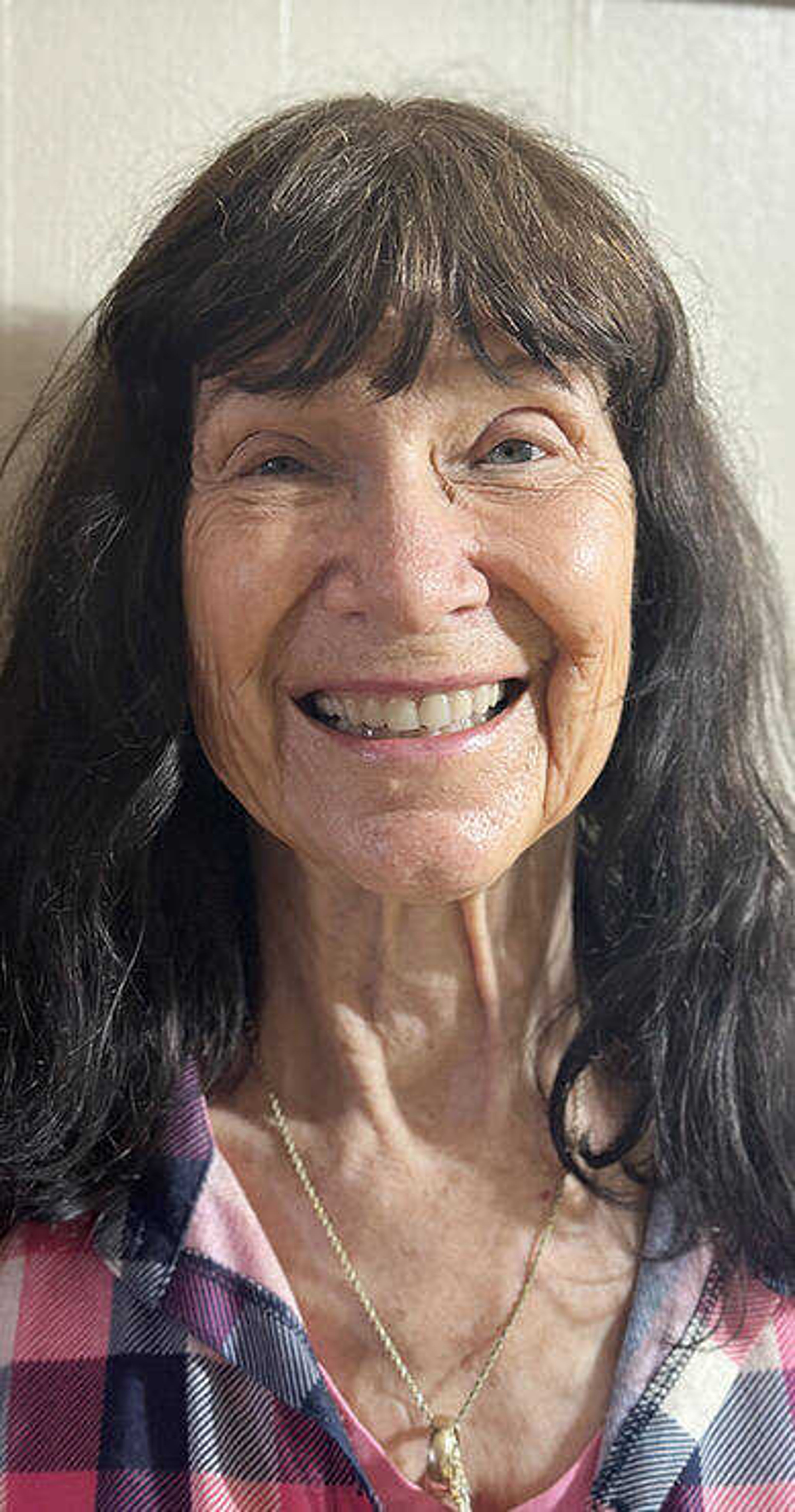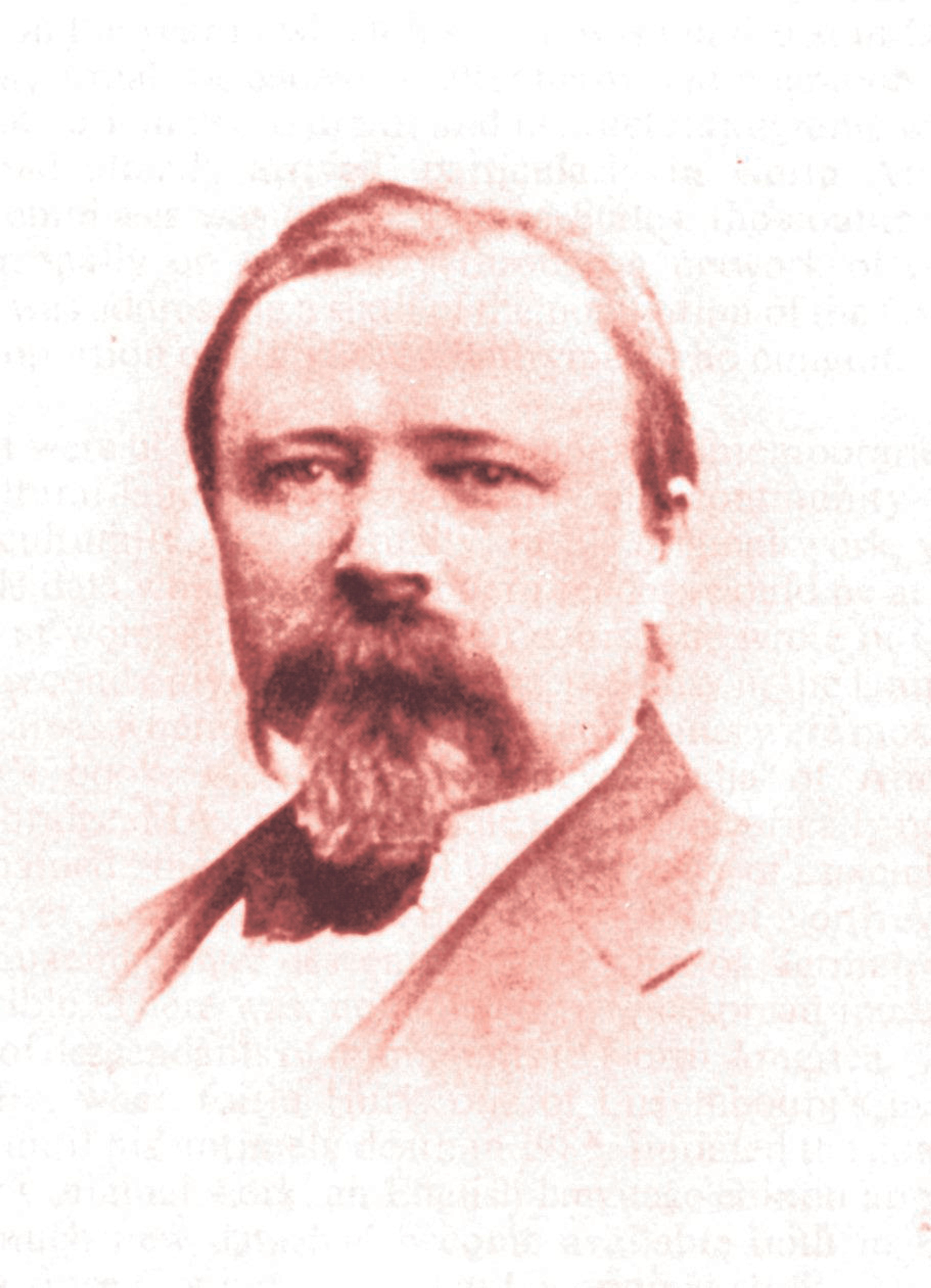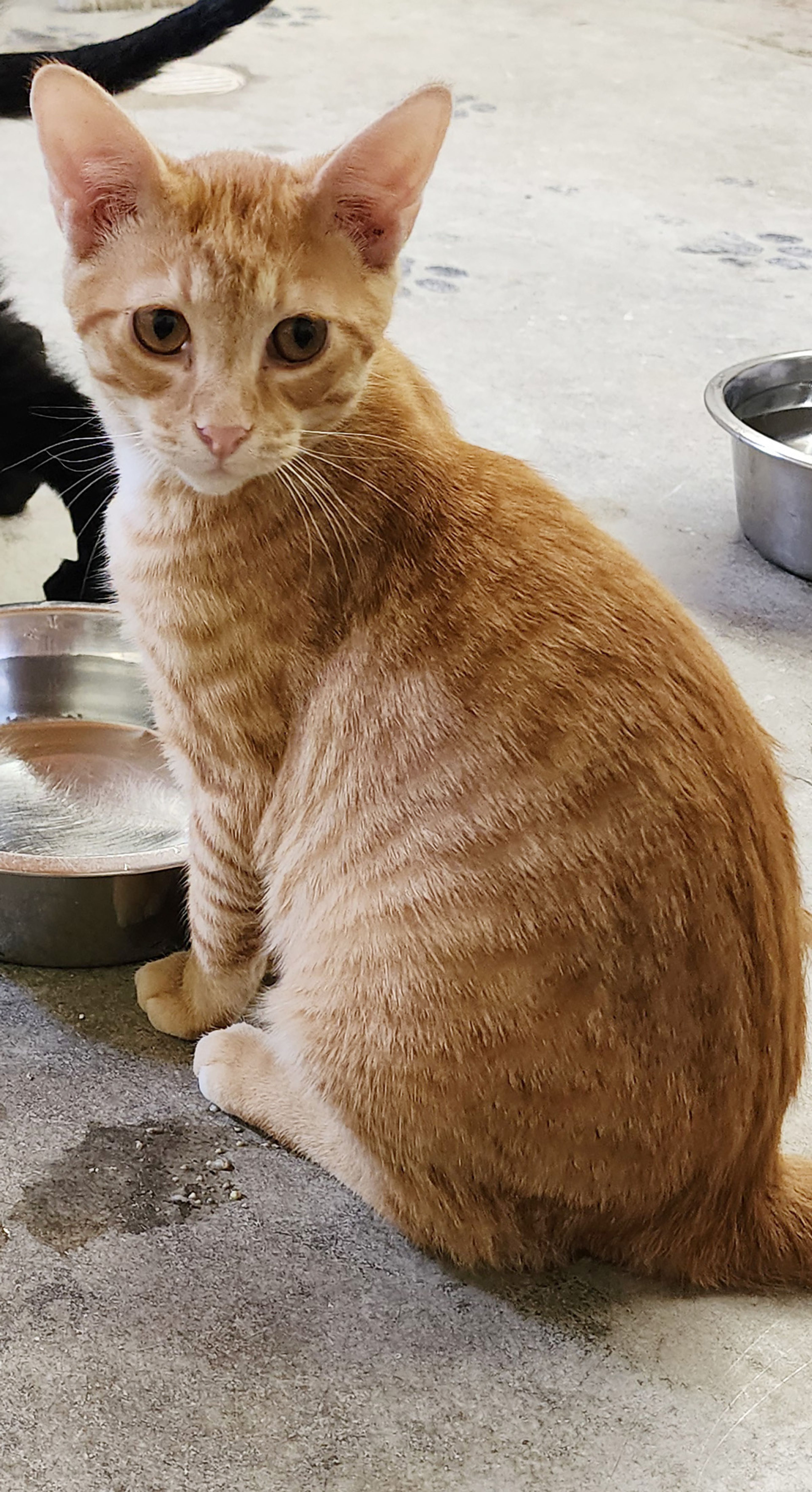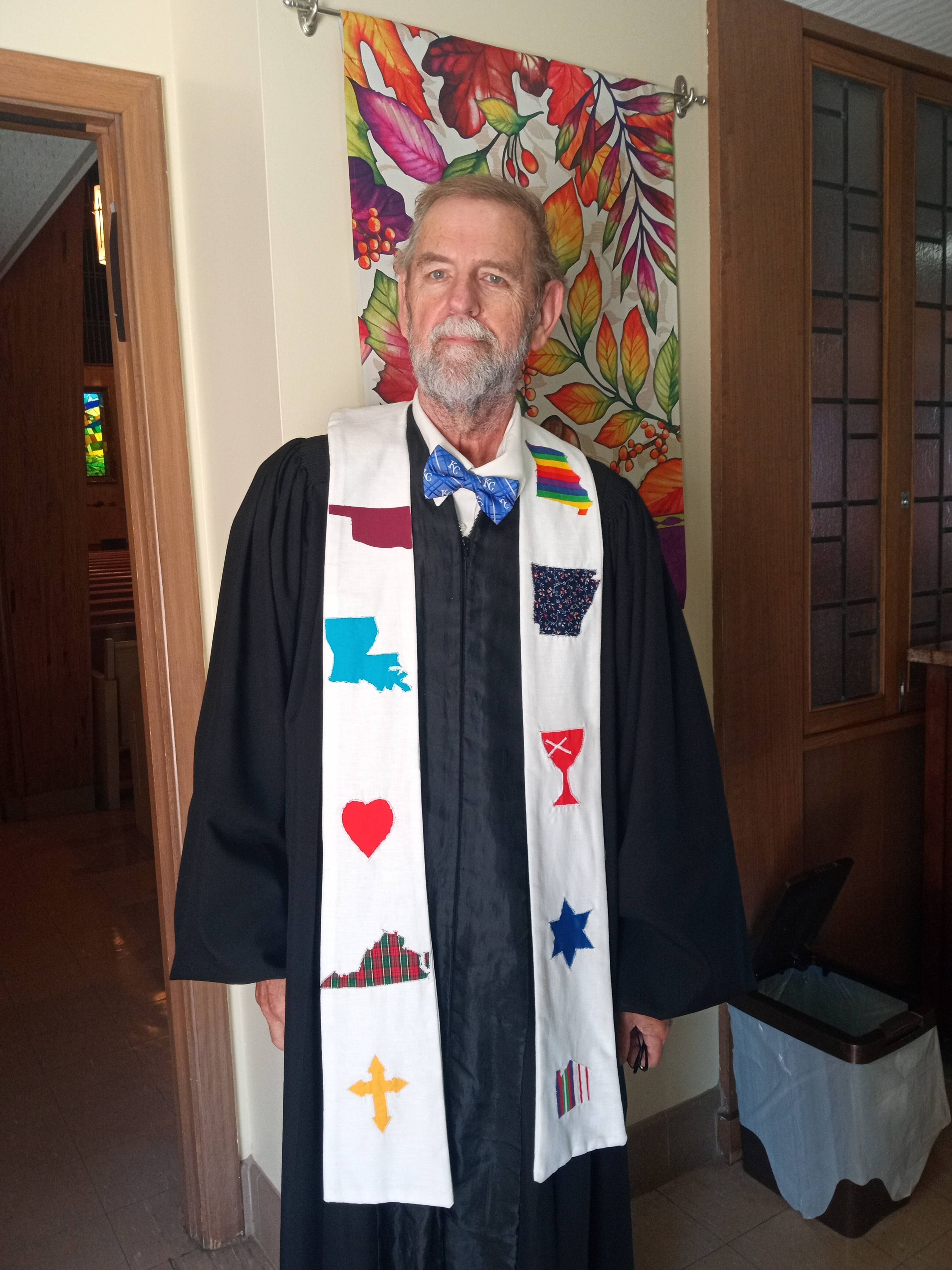"It’s horrible, I’ll never get over it,” we often say, and sometimes uncontrollable feelings of anger overflow within us. We can feel that our world is collapsing all around us and our purpose is gone. We drag our feet throughout each day, just waiting for the evening sun to take leave of our universe. Our warm, soft, cozy, bed stands and beckons to us to come and rest and get away from all the perceived meaningless activities we now dread. All have experienced similar feelings at sometimes during their lives. The question is: “What do we do about it?”
I have heard numerous widows and widowers, perceived failures, loners, or those saddened by circumstances that have voiced the same words. Yet they overcame the sadness, eventually, and began to move forward. Perhaps dreams have failed to materialize and those lifetime goals that have taken a lifetime of work to attain, are gone. We feel that those long thought-out plans, now dead, will never materialize, and without their fruition--life has little meaning. Nevertheless something drives them on. What is it?
Wilma lost her husband and soulmate, unexpectedly, and she felt that her life was over. She was so angry at his passing that she would make no effort to help herself rise above the shattering happening. It wasn’t until a friend, died leaving a newborn infant, that Wilma began to recover. This occurrence happened because she was the only person that could take the baby, Trish. Wilma found that the more involved she became with the infant, the less she thought about her previous loss. She had no choice because she couldn’t bear to leave Trish alone with no-one to love and care for her. As Wilma continued to put her life back together, after the death of her husband, she became more and more satisfied and less angry. Finally Wilma felt whole again. Her sadness and problems seemed small in comparison to a small infant girl that had no parents. The woman put her mind on someone else and the goal of raising Trish elevated her from a well of misery into one of being needed. Fortunately, the situation gave Wilma the will to deal with her future. Philippians 2:4 nails it when the Scripture says, “Instead of each person watching out for their own good, watch out for what is better for others.”
I met a woman at church a few years ago. She too, had lost her husband of many years. I asked her how she was doing since his passing, and Amy curtly answered. “Not good, it’s terrible,” and then she said. “Nothing’s any fun anymore.” Amy suffered a very difficult time of bereavement before she finally began to live again. Her saving grace came when she finally took a job at a local book store where the proprietors knew her predicament and hired her. She grudgingly took the position and she was amazed to discover that she enjoyed helping people find books, especially children. She formed bonds with many as she tried to help them with their choices. By thinking of them and their needs, she benefited most. Amy forgot about her sadness and, instead looked forward to each day so she could help and interact with those that frequented the book store. “What a blessing,” she said quietly to herself.
We can all think of people that have reached out and found their happiness through helping someone else. We don’t forget our ordeals, but we are able to gain a different perspective toward them. If we are honest with ourselves, we can eventually recognize the good that has come from the happening and we begin to see the positives rather than the negatives of the incident. If we choose to barricade ourselves inside the house or continue within our comfort zone, we can stagnate, feel unnecessary and useless, and become lonely and depressed. “Helping others can benefit our mental health. It feels good, creates a sense of belonging and reduces isolation. It also helps us to have a more positive outlook about our own circumstances. Helping others can improve our self-esteem.” We need to remember that “The more we do for others, the more we do for ourselves” (mentalhealth.org.uk).
Ellen Shuck holds degrees in psychology, religious education and spiritual direction. She is the author of the book, “Wisdom for the Journey.”









